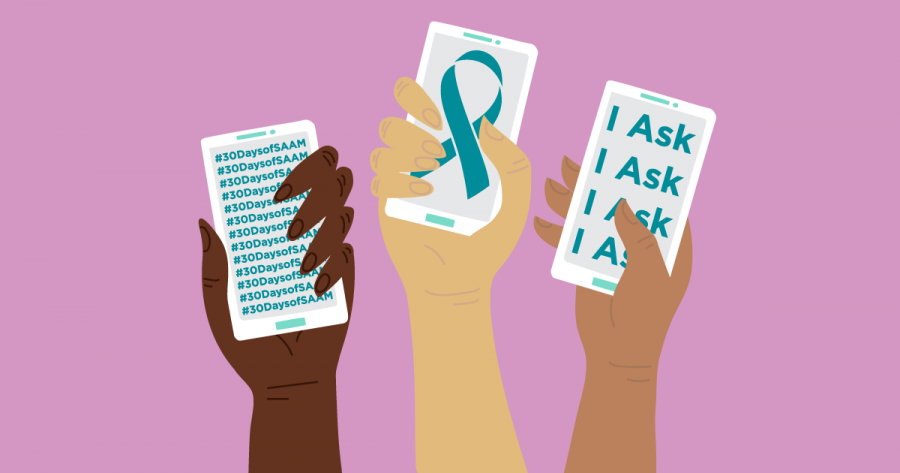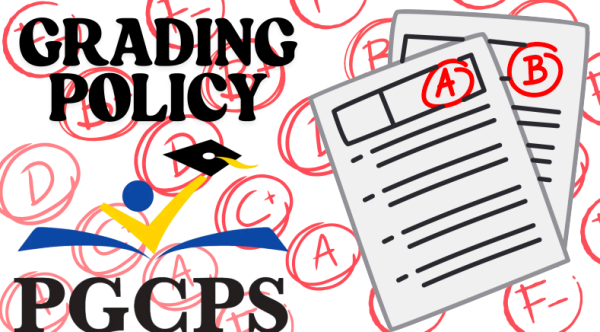Consent lessons for teens could help lessen number of assault cases
April is Sexual Assault Awareness Month. The SAAM is an annually campaign to raise awarness to many people about sexual violence. A Harvard news article says that consent should be taught at every age. Unfortunately, consent isn’t something that most people understand. The RAINN website states that consent cannot be given by a minor, someone who is on drugs or intoxicated, or someone who is unconscious. Consent should be given freely without being pressured.
According to RAINN, an American is sexually assaulted every 73 seconds, and every nine minutes, the victim is a child.
Consent is remembered with F.R.I.E.S :
- Freely given- Giving consent is a choice that is made without being pressured, manipulated, or being under the influence of drugs or alcohol.
- Reversible- Anyone can change their mind at any moment.
- Informed- You can only consent to something if you have the full story. For example, if someone says they’ll use a condom and then they don’t, there isn’t full consent.
- Enthusiastic- When it comes to sex, you should only do stuff you WANT to do, not things that you feel you’re expected to do.
- Specific- Saying yes to one thing (like going to the bedroom to make out) doesn’t mean you’ve said yes to others (like having sex).
“Consent conversations matter in K–12 education because schools can reach young people broadly and at a formative stage of development, before students begin to have sex or form beliefs about sex,” says a Guttmacher Institute article. “Schools plant the seeds of understanding about consent when teaching young children the difference between “good touch” and “bad touch,” and may raise the idea of consent when covering topics like relationship and communication skills.”
There are many schools in the U.S. where sexual education classes aren’t available for students. However, there are schools that do have sex-ed classes, but they don’t touch on healthy relationships, sexual assault, or consent. The lack of educating students about this problem seems to play a huge role in the amount of sexual assault cases. This has made men self report raping women because they don’t understand that what they have done is rape. Violence and Gender conducted a study where they found that 31.7% of men had intentions to force a woman to sexual intercourse.
A study conducted by Malachi Willis says that only two of 18 states have explicitly mentioned sexual consent in their health education courses.
“We recommend the more explicit inclusion of sexual consent in health education curricula […], emphasising the importance of teaching young people about the nuances of sexual consent and its communication before they become sexually active.” said Willis.
Teaching students about sexual assault and consent is very important according to KC Miller, founder and director of Southwest Institute of Healing Arts, who says that many students cannot define what sexual assault really is and misunderstand the concept of consent. According to the National Sexual Violence Resource Center, in eight out of ten rape cases, the survivor knew the person who assaulted them.
“There is a stereotypical view of sexual assault as a violent encounter from a stranger, and while this can be the case, many people experience assault from friends, peers, and acquaintances.” said Miller in a paper she wrote “Teaching Consent in Schools”.
Your donation will support the student journalists of Parkdale High School. Your contribution will allow us to cover our annual website hosting costs and publish some printed editions, as well.







